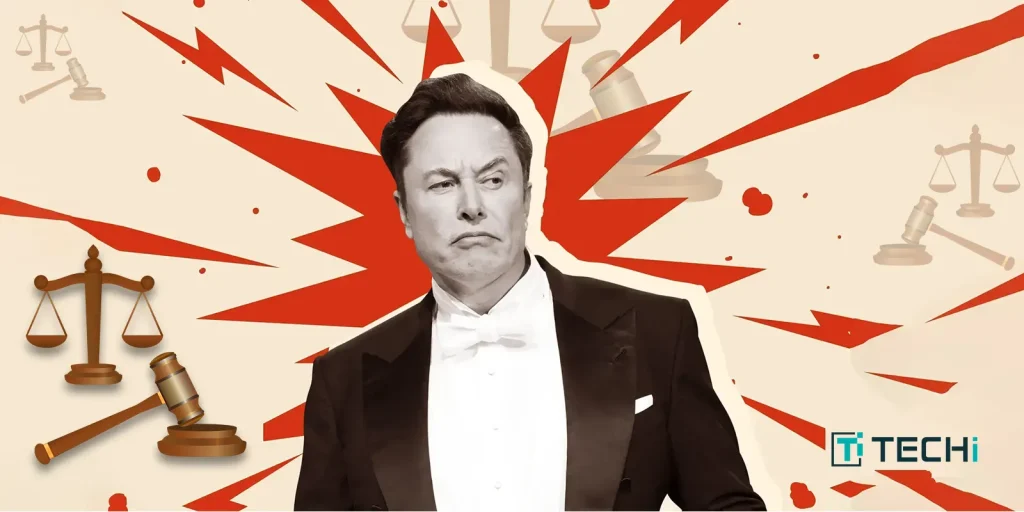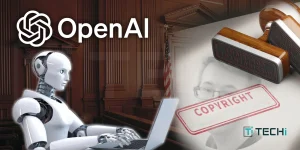Elon Musk co-founded Open AI and was a major financial contributor to it from 2015 to 2020, as per the lawsuit. Musk claims, the original vision of OpenAI was to work as a non-profit entity with no personal gain. When ChatGPT was launched, Sam Altman started commercializing the product with a monthly fee for its pro users. At that time, Musk advocated having a separate for-profit entity. However, differences emerged while finalizing the plan as Musk wanted majority shares. In 2018, Musk resigned from the OpenAI board after the company refused to attach OpenAI to Tesla.
In Feb 2024, Musk filed a lawsuit against OpenAI and its leadership. This was withdrawn in June 2024 and a new revived lawsuit was filed in August 2024. This lawsuit had several allegations. One of them was the transition to for-profit entity. Musk highlighted that OpenAI is deviating from the original plan of keeping OpenAI as a non-profit and their vision to serve the masses was not being accomplished.
The Judge, Yvonne Gonzalez Rogers, dismissed the for-profit allegation because Musk wasn’t able to provide any substantial evidence in favour of his allegation. While the attempt to block OpenAI’s transformation was denied, the border lawsuit remained active. The Judge has offered to expedite the trial process so that this case can be concluded early to avoid any harm to the business.
It should be remembered that Elon Musk was among the 11 co-founders, including Sam Altman and Greg Brockman. Musk invested more than 44 Million as per the lawsuit point 82 in OpenAI. We believe any organization that wants to be involved in technological advancements needs to be a for-profit entity to sustain the consistent technological advancements in AI. The operational costs of research and development are ever so high, and inconsistent government and investor policies can hamper the process.
This legal battle is like a personal feud between Elon Musk and Sam Altman. Musk has no open ground to stop OpenAI from operating as a for-profit entity. Judges claimed the same. It is interesting to note that just as recently as February 2025, Musk offered $97.4bn to take over OpenAI and preserve the AI research lab’s original mission. However, the board rejected the offer.
In an interview with Bloomberg, Sam Altman said this of Musk
“I think he is probably just trying to show us down, he obviously is a competitor, its you know he’s working hard and he has raised a lot of money for xAI and they are trying to compete with us from a technological perspective from you know getting the product into the market and I wish he would complete by building a better product but I think there’s been a lot of tactics, you know mana many lawsuits, all kind of crazy stuff and now this. And we will try to just put our head down and keep working”.
With stiff competition from several prominent companies like DeepSeek, Anthropic, Google DeepMind, Meta AI and a few others, this legal battle is not good for OpenAI. Sam Altman needs to keep a clear head and ensure the company is making progress to keep the competition at bay while going through this legal battle. At the moment, it seems like they are moving in the right direction. Altman tweeted
“we are likely going to roll out GPT-4.5 to the plus tier over a few days.” There is no perfect way to do this; we wanted to do it for everyone tomorrow, but it would have meant we had to launch with a very low rate limit. We think people are gonna use this a lot and love it.”
On the other hand, Musk needs to keep driving his xAI company forward. Competition is heating up, with the recent announcement that DeepSeek computing power costs only $6 million. AI is heading to an era where we will see lower computing costs, but at the same time, data is increasing by many folds. It is a challenge for AI companies to keep evolving and coming up with new techniques to keep their noses in front; otherwise, they will be left far behind in this global race.





Administrator